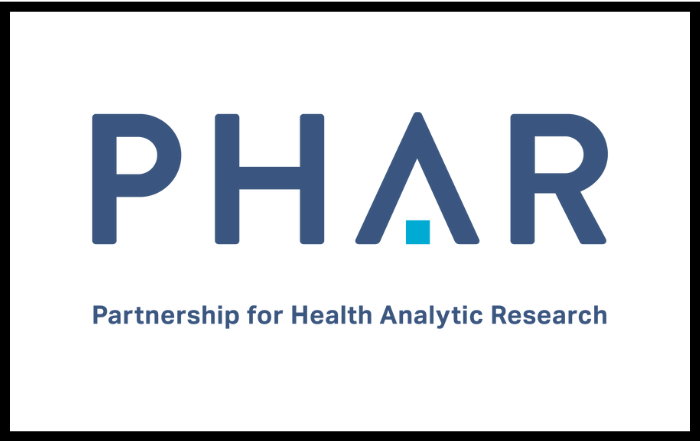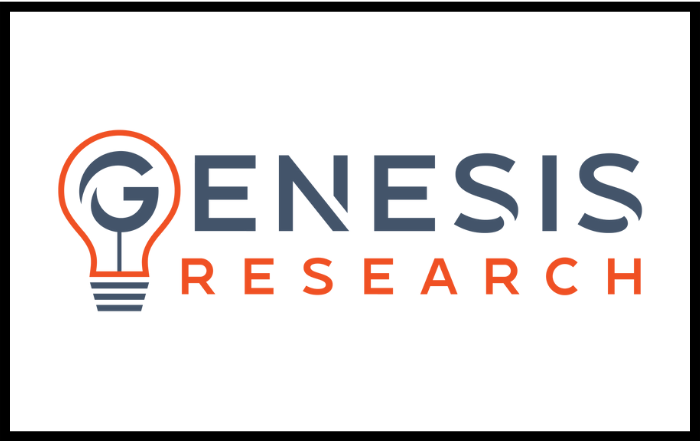Capturing clinical outcome assessment data electronically (eCOA) brings many benefits over traditional paper-based methodologies. However, uncertainty and barriers to adoption still remain. This may be due to challenges with poor experiences during study start-up, conduct or close out, absence of clear definitions of roles and responsibilities among sponsors and providers, and misalignment of expectations among all stakeholders. Scientific and regulatory thinking, particularly in relation to issues of translation of measures and comparability of modes of data collection, can also create significant confusion, not helped by the fact that recommendations relating to these topics are evolving over time. Finally, a whole new area of technology-driven outcomes, namely those supported by mobile sensors and wearable devices, is emerging, raising a host of new questions and challenges for study teams.
Topics covered include:
- The benefits and basics of eCOA
- Best practices for the implementation, deployment, and operations of eCOA from provider and sponsor perspectives
- Introduction to the Getting Better Together Initiative
- Defining roles and responsibilities in an eCOA study
- Five phases of an eCOA study
- Operational best practices
- Scientific and regulatory principles underlying eCOA data
- Faithful Migration
- Translation
- Comparability between modes of data collection
- Bring Your Own Device
- Wearables and mobile sensors
- Important considerations during sensor or wearable selection
- Preparing a protocol for the logistics of using a wearable device
- Choosing the right wearable measurement
Click here for additional information and registration details.



